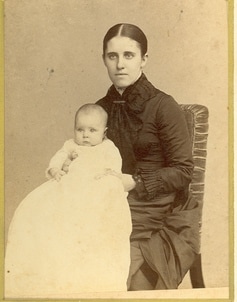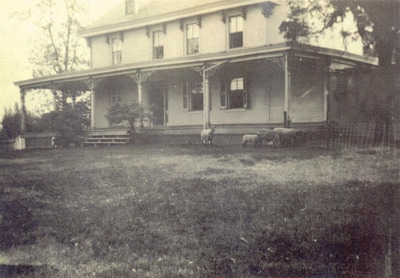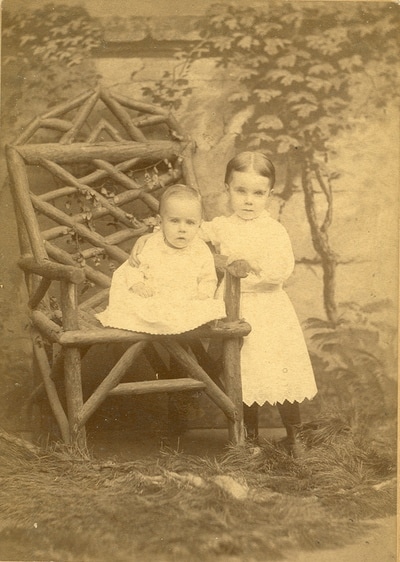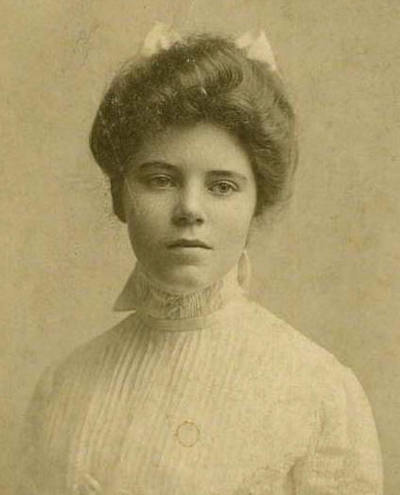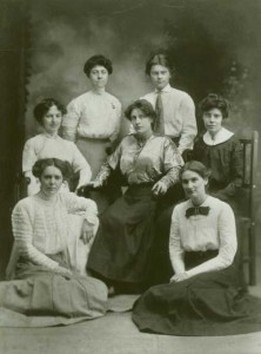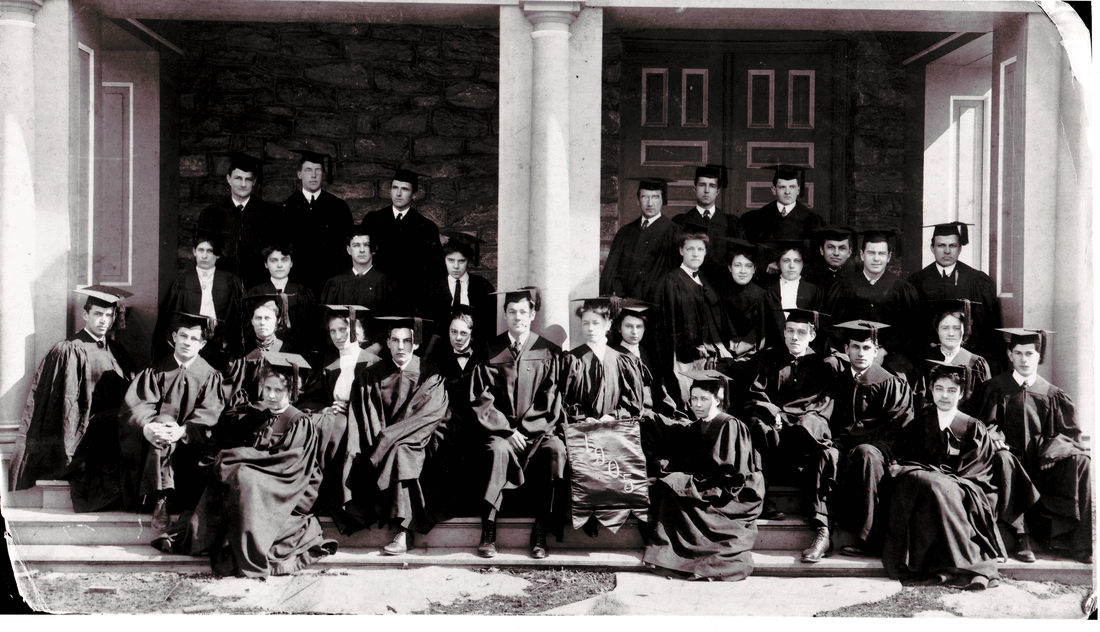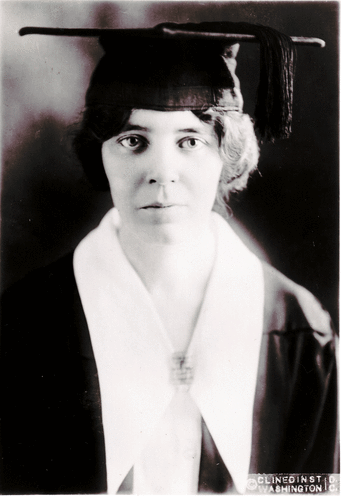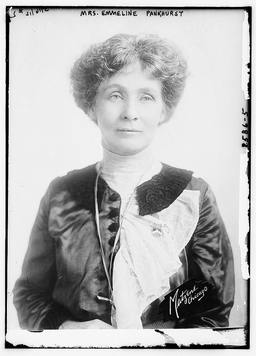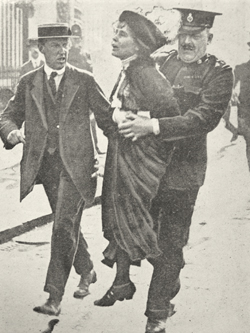Childhood
Alice Paul was born on January 11th, 1885 in what was then known as Paulsdale, New Jersey. She was instilled with Quaker values from a very young age.
"From the outset, Quakers granted women more status than other denominations. Not only were they ministers, they went to jail for their activities just as men did"
-Mary Walton, author of A Woman's Crusade: Alice Paul and the Battle for the Ballot
|
The values Alice was instilled with included dedication and that all people are created equal, which had an obvious effect on Alice throughout her entire life.
"When you put your hand to the plow, you can’t put it down until you get to the end of the row" |
"It wasn't something I had to think about. When the Quakers were founded... one of their principles was and is equality of the sexes. So I never had any other idea"
-Alice Paul
-Alice Paul
Click on pictures to enlarge and see captions.
Education
|
Paul became interested in politics during her senior year at Swarthmore. She went on to study sociology at two schools.
"This new interest sent Paul to the New York School of Philanthropy in 1906 to study sociology. Through sociology... Paul was studying politics. In her spare time, she worked for woman suffrage in New York, gathering voter signatures for a state referendum... By 1907, Paul had earned a master's degree in sociology at the University of Pennsylvania" |
Suffrage Movement in London
It was during her doctoral studies in London that Alice became very interested in suffrage. She was transformed from a quiet and shy girl to a militant suffragist.
"After I got my master’s in 1907, my doctoral studies took me to the School of Economics in London. The English women were struggling hard to get the vote, and everyone was urged to come in and help. So I did. That’s all there was to it"
-Alice Paul
British suffragists had very bold ways of getting their message across.
"Led by Emmeline Pankhurst and her daughters, Sylvia and Christabel, British suffragists had begun 'wild women' protest in 1905. They sneaked into male political meetings to shout questions, unfurl banners, and be arrested" |
Alice also partook in these protests, interrupting meetings herself.
"I think it was in December of 1909, and [Lucy Burns] and I were asked to interrupt the Lord Mayor. I went into the hall, not the night before but early in the morning when the chairwomen went to work, and I waited up in the gallery all day. That night Lucy went in down below with the banquet guests. I don’t remember whether she got up and interrupted the mayor. I only remember that I did"
-Alice Paul
"What happened [next]?"
"I was arrested, of course"
-Alice Paul
"I was arrested, of course"
-Alice Paul
Alice's early life ultimately shaped her into the suffragist she became. From her Quaker values to the movements she participated in while in London, she became a dedicated and assertive young woman, an attitude that she carried throughout her life.
Proudly powered by Weebly
